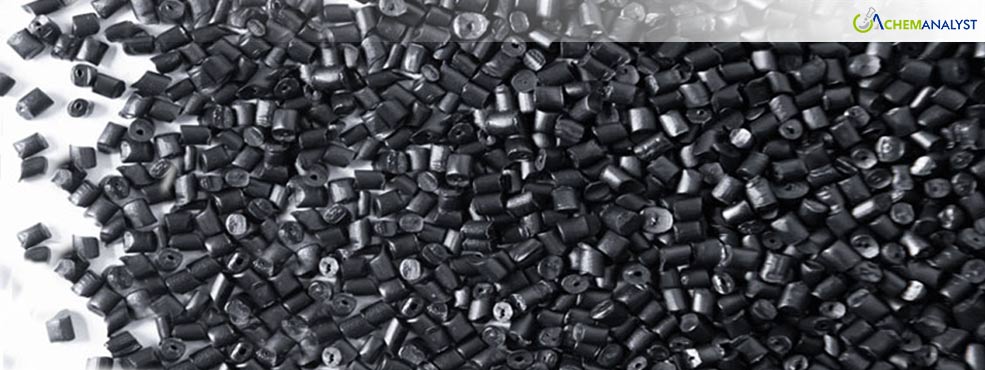Welcome To ChemAnalyst

The Acrylonitrile Butadiene Styrene (ABS) market in Asia has remained relatively stable in the week ending December 20, 2024, with moderate price increases observed in the regional market. This stability is driven by a balanced interplay of supply conditions, cost factors, and demand dynamics. Steady production rates provided limited price support while rising acrylonitrile and stable butadiene costs influenced the ABS market. Robust downstream demand, fueled by subsidies, bolstered activity without triggering significant price hikes in the region.
In terms of supply, the operating rates of the ABS market in China experienced minor fluctuations in December. The overall industry load level stabilized, showing a slight rebound during mid-month. Hengli Petrochemical’s conversion of an AS plant to ABS and the conclusion of Tianjin Dagu’s adjustments contributed to a steady increase in production capacity. However, the overall supply remained abundant, providing only moderate support to spot ABS prices.
Cost factors have presented a mixed picture for the ABS market. Acrylonitrile prices have been on the rise due to tight supply and low operational rates among key manufacturers in East China. This has allowed suppliers to maintain pricing power, creating a strong market environment. The butadiene market, which initially witnessed price increases, has stabilized in recent weeks. Low inventory levels at East China ports and tight supply expectations have kept prices elevated. However, declining downstream demand has limited further gains. Styrene, another key upstream material, has shown volatility. While crude oil prices provided some support, the anticipated restart of production capacity in the domestic market has tempered supply concerns, resulting in limited cost support for ABS.
On the demand side, mid-December saw robust purchasing activity across downstream sectors in the ABS market. The national subsidy policy for household appliances significantly boosted sales of terminal products, leading to improved inventory turnover and strengthened factory operating rates. Exporters, concerned about uncertainties in global logistics, advanced their procurement schedules, further increasing ABS demand in the Asia market. Terminal stocking activities gained momentum, with merchants attempting to raise offers. However, the high activity in supply circulation prevented significant price surges.
As per ChemAnalyst, the ABS market is expected to maintain its strength through the remainder of December, supported by strong demand and stable supply levels. However, the outlook remains cautious about the potential overdraw of household appliance demand, which could affect future consumption patterns. As replenishment activities subside, the ABS market may enter a phase of narrow consolidation. Despite current stability, uncertainties surrounding post-holiday demand and market sentiment could pose challenges for sustained growth.
We use cookies to deliver the best possible experience on our website. To learn more, visit our Privacy Policy. By continuing to use this site or by closing this box, you consent to our use of cookies. More info.
